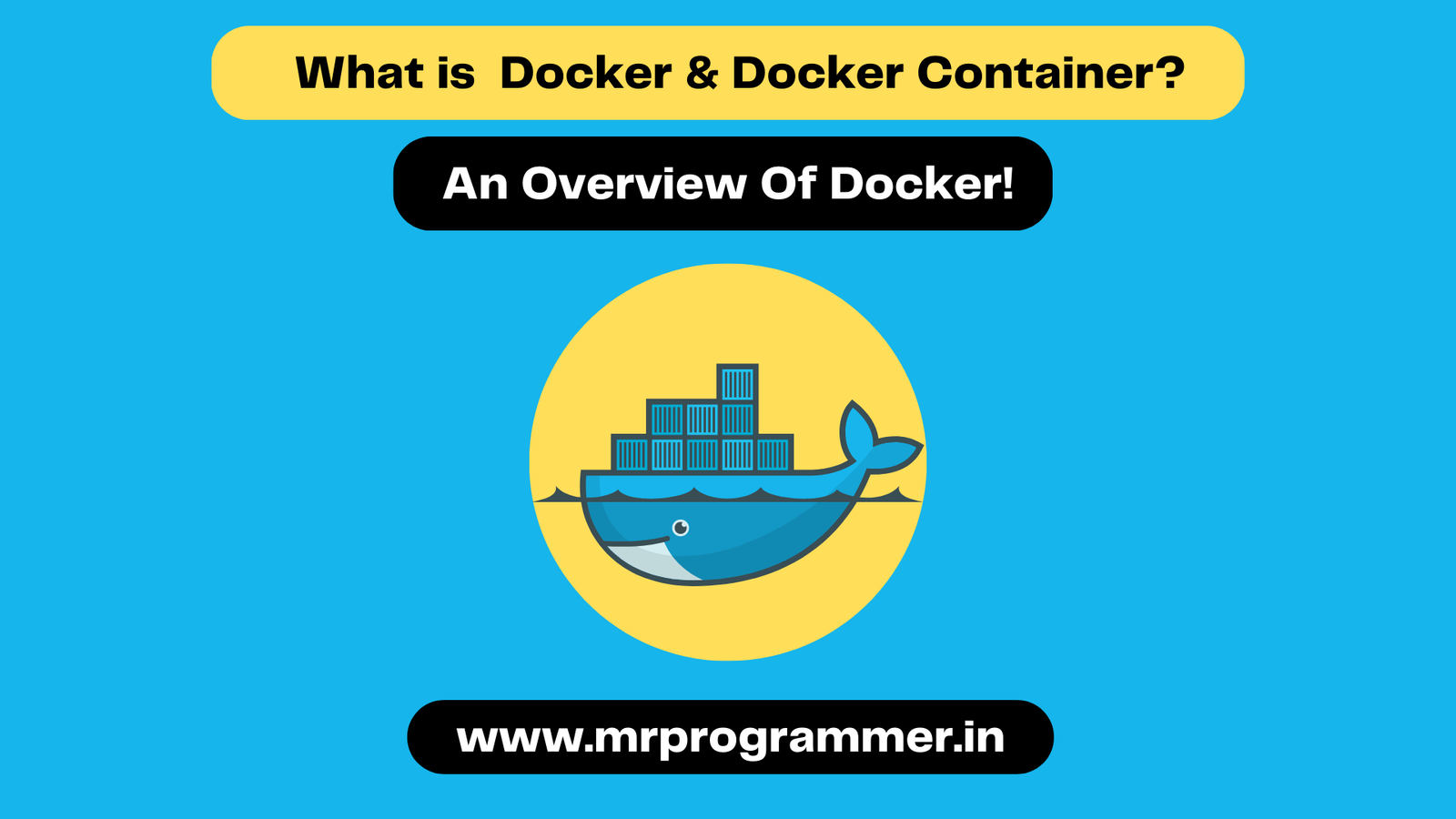Table of Contents
Introduction
In the fast-paced world of software development, containerization has emerged as a game-changing technology. Among the many containerization platforms available, Docker stands out as one of the most popular and widely used solutions. In this Post, You Will Learn About What is Docker & Docker Containers. Read the Post Know About Docker.
You Might Also Like: Difference Between Greedy and Dynamic Programming | 3 Differences Between Greedy and Dynamic Programming
What is Docker?
Docker is an open-source platform that enables developers to automate the deployment of applications inside lightweight, self-contained environments known as containers. These containers encapsulate an application along with its dependencies, libraries, and configuration files, ensuring consistent execution regardless of the underlying system or environment.
What are Docker Containers?
Docker Containers are lightweight, isolated environments that encapsulate an application and all its dependencies, enabling seamless deployment across different computing environments. Unlike traditional virtualization, where each virtual machine runs a separate operating system, Docker containers share the host system’s kernel, resulting in reduced overhead and improved performance.
You Might Also Like: 30 Web Development Projects For Resume | Web Development Projects For Resume
Advantages of Docker Containers
1. Portability
Docker containers provide consistency across various environments, ensuring that application run reliably regardless of the underlying infrastructure. This portability is achieved through containerization, encapsulating the application and its dependencies into a single package that can be deployed anywhere.
2. Scalability
Docker simplifies the process of scaling applications horizontally by allowing easy replication of containers across multiple hosts. With Docker’s built-in orchestration tools like Docker Swarm or Kubernetes, managing large-scale container deployments becomes a breeze.
3. Isolation
Containers offer a high level of isolation, ensuring that applications run independently of one another. This isolation prevents conflicts between different components of the system and enhances security by limiting access to the host system.
4. Rapid Deployment
Docker containers facilitate quick and efficient deployment of applications. With the ability to package applications along with their dependencies, developers can eliminate compatibility issues and minimize the time spent on configuration, resulting in faster release cycles.
How Docker Containers Work?
Docker Works with the help of several different components involves which include:
1. Docker Images
At the heart of Docker containers are images, which serve as the building blocks. An image is a lightweight, standalone executable package that includes everything needed to run a piece of software, such as the code, runtime, libraries, and system tools.
2. Containerization
Containers are created from images using the Docker Engine. Each container runs in an isolated environment, with its own file system, network interfaces, and process space. The isolation ensures that changes made within a container do not affect other containers or the host system.
3. Container Orchestration
Docker provides tools like Docker Compose, Docker Swarm, and Kubernetes to manage and orchestrate at scale. These tools allow developers to define the desired state of the infrastructure and handle tasks such as load balancing, scaling, and service discovery.
Practical Uses of Docker Containers
1. Application Deployment
Docker containers simplify the deployment process by packaging applications and their dependencies into self-contained units. This allows for consistent deployments across different environments, from development to production.
2. Microservices Architecture
Docker is well-suited for building and deploying microservices-based architectures. Each microservice can be encapsulated within its own container, enabling independent development, scaling, and deployment.
3. Continuous Integration and Delivery (CI/CD)
Docker streamlines the CI/CD pipeline by providing a consistent environment for testing and deploying applications. Containers can be easily integrated into CI/CD workflows, ensuring that software is thoroughly tested and deployed with minimal effort.
4. Hybrid Cloud and Multi-Cloud Deployments
Docker’s portability makes it an ideal choice for hybrid cloud and multi-cloud deployments. Applications can be packaged as containers and seamlessly moved between different cloud providers or on-premises environments without modification.
Conclusion
Docker & Docker Containers have revolutionized the software development industry by providing a standardized and efficient approach to application deployment. The versatility, portability, and scalability offered by Docker significantly simplified the development workflow and enhanced application reliability. As the technology continues to evolve, Docker remains a pivotal tool for modern developers seeking agility and consistency in their software delivery processes.
In this Post, You Learned About What is Docker & Docker Containers So this was It for this Blog See You In The Next One Till Then Keep Coding Keep Exploring!
- Introduction to Entrepreneurship: Everything You Need to Know Before You Start - June 12, 2025
- What Sets Artificial Intelligence Apart from Humans? - April 18, 2025
- Python Programming: A Comprehensive Guide for Beginners - March 27, 2025








